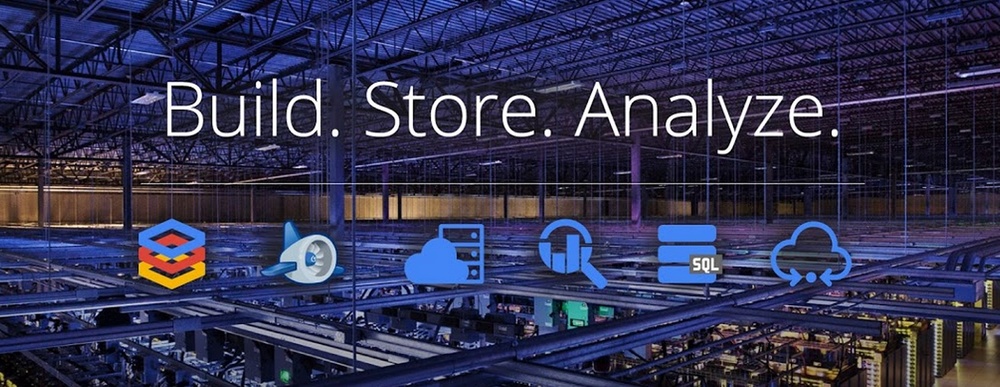Today’s guest blogger is Simon Margolis, Cloud Platform Lead at SADA Systems
In 2014, over 50 million records were stolen from private businesses. Many top brands fell victim to data breaches. Target alone lost $148 million in 2014 as a result of their data breach. Whether that data is for public consumption or meant for the eyes of a select few, keeping data available to those with access yet completely secure is of paramount concern for businesses today.
Though it is a daunting daily task to ensure data security and reliability, it is even more important for those responsible for high profile data, often the target of attack. The recent attacks on Sony Pictures and Bitstamp, as well as Sony PlayStation Network and Xbox Live show how advanced hacker groups can infiltrate some of the largest and most prominent public-facing networks.

As David Cowan, a partner with Bessemer Ventures who has been working with security companies since the 90’s, explained in a recent TechCrunch article the difference between how traditional companies approach cybersecurity as opposed to “cloud natives” like Google. “An attack happens, and they plug it. They don’t invest proactively to stop a class of threats in a fundamental manner,” he explained.
Google takes a proactive approach instead, employing a team of over 500 security specialists including a zero-day threat team or going as far as offer to pay hackers for discovering vulnerabilities in their products.
This makes Google trust their network’s security and scalability so much that it recently offered to host the movie The Interview on their YouTube platform despite security concerns and terrorist threats against the displaying of the film.
For an increasing number of corporate decision makers, adopting the cloud allows for offloading the need to maintain infrastructure and benefits from greater capabilities, like more security, that only cloud providers with massive volumes of traffic and infrastructure assets can provide.
Google Cloud’s objective is to make the reliability and security of Google’s own infrastructure available to other organizations around the world. Google Cloud Platform has established its ability to house sensitive, scalable, and always-on data. Google has proven this time and time again, being one of the most trafficked websites on the internet, reducing the security exposure of some of its users by more than 99%. To further exemplify this, Google Cloud Platform is HIPAA and PCI compliant, has passed the SOC2 and SOC3 audit and holds FISMA and ISO 27001 certifications. Businesses can not only tap into Google’s innovation and advancement in technology, but also the resources and expertise necessary to secure modern infrastructure. Let’s face it, it’s a different world and today’s IT professionals know they need to find ways to adopt proactive technology strategies rather than waiting to react to a cyberattack.
Sign up for a Google Cloud Platform assessment to see what a transition to the cloud could mean for your business.



